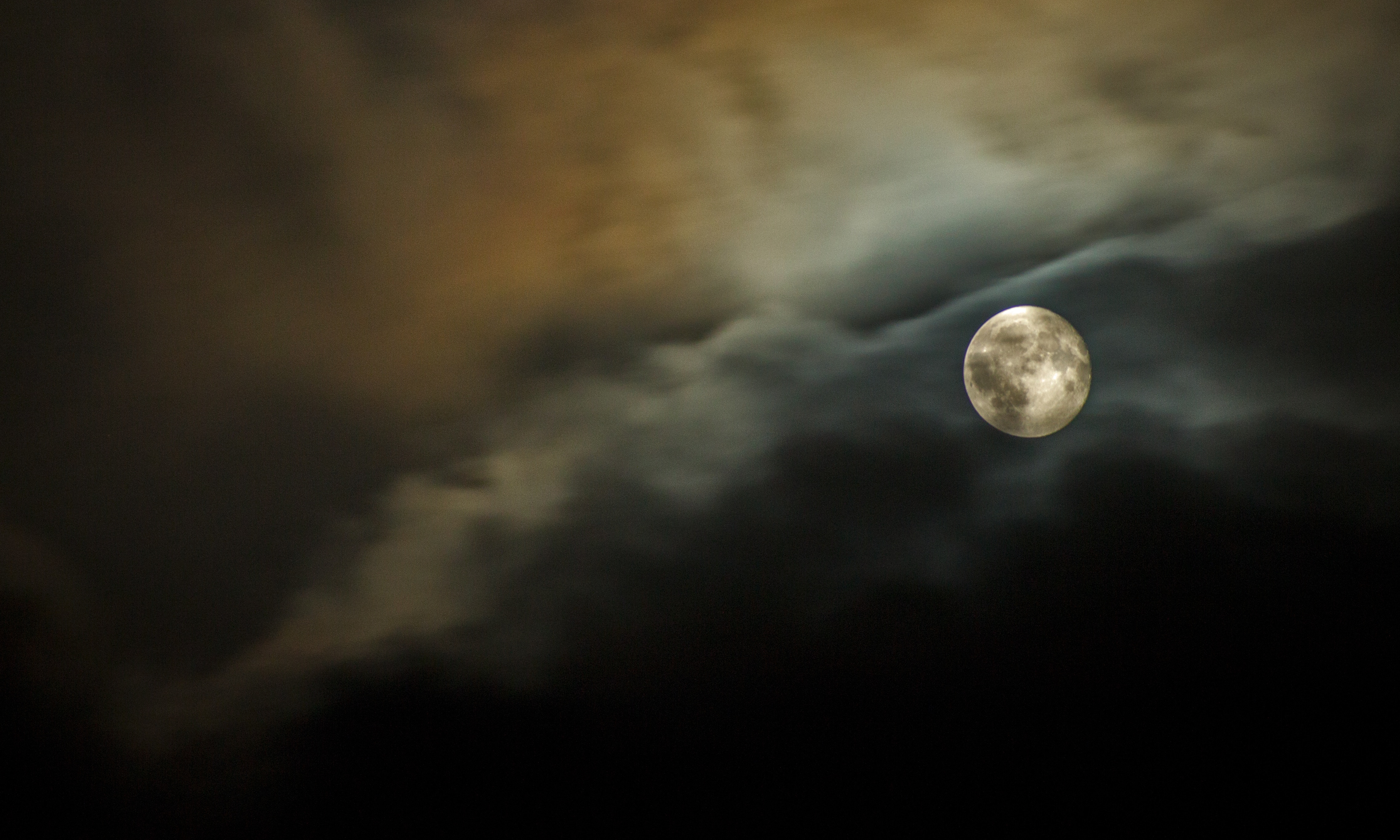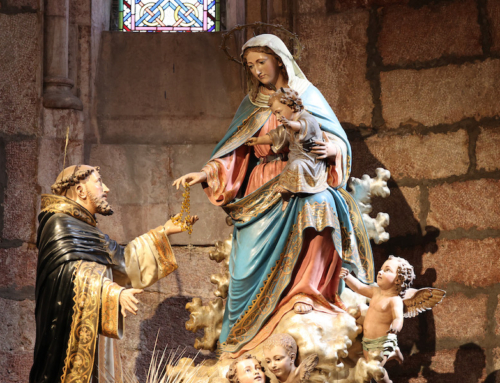As it gets darker and colder, it also gets more difficult to wake up. Sleepiness is good at night, but not when you should be awake. If sleepiness is a “vice” in this sense, then wakefulness is its opposing virtue.
Sleepiness and wakefulness have deep roots as imagery in the spiritual tradition as well. Monks, after all, have long kept “vigil” as a decisive sign of the conquest of the spirit over merely bodily pursuits. Christ tells us to stay awake and keep watch for the Master’s unexpected return. Indeed, this gives us a good idea of why wakefulness is important for the spiritual life—because wakefulness is watchfulness. Being attentive to God is symbolized in being awake and watchful.
A Dominican hymn says “Let my eyes take sleep/ but let my heart ever keep vigil to thee.” This is a reference to the Song of Songs where the bride says, “I slept, but my heart was awake.” In her great desire for her lover, the bride “watches” for him, even as she sleeps on her bed. This usage emphasizes that the watchfulness is primarily spiritual—it is a wakefulness of desire for God.
But consider Christ’s rebuke to His apostles, weighed down with sleep: could you not stay and watch one hour? A good question might be, how can I be watchful? How can I stay awake?
Bodily tiredness can be put off by a cup of coffee, a nap, or some exercise. But what of spiritual tiredness? How do we keep our souls’ drooping eyelids open?
In a surprising passage, Thomas Merton characterizes the contemplative life as being nothing other than life “fully awake.” This is perhaps strange, because the word “contemplation” brings up lurid images of mystical phenomena—visions, locutions—to us. But at its heart the contemplative life is simply living in God’s presence fully aware and fully awake. Perhaps then this is the answer: living a life of prayer is the answer to being “awake” to God. The way constantly to desire God is—constantly to desire God. And so there is no “trick”—just constant struggle.
So the Catechism says that Jesus calls His disciples to conversion and faith, “but also to watchfulness” because “in prayer the disciple keeps watch, attentive to Him Who Is and Him Who Comes, in memory of his first coming in the lowliness of the flesh, and in the hope of his second coming in glory.” It continues:
“In communion with their Master, the disciples’ prayer is a battle; only by keeping watch in prayer can one avoid falling into temptation.” (CCC 2612)
One final thought. When Adam and Eve ate from the tree of knowledge their “eyes were opened” but their vision was darkened, and they became ashamed. Prayer opens our eyes, but to more than just our sins. In the end, like our first parents, we will have ‘eyes wide open,’ but fully awake to God’s tremendous mercy.
Photo by Zoltan Tasi on Unsplash







